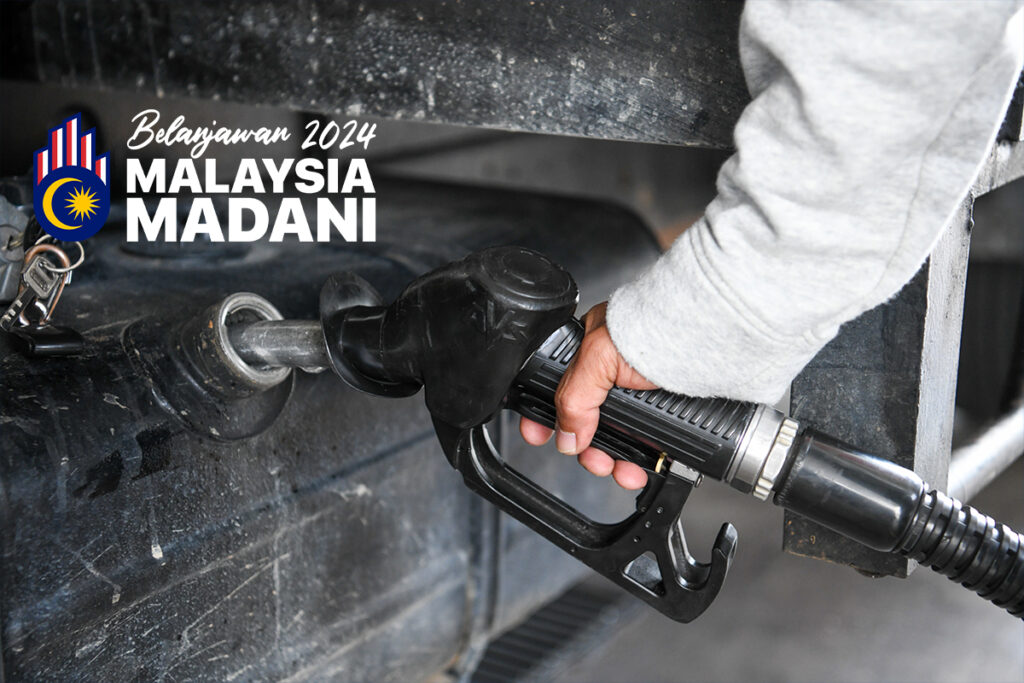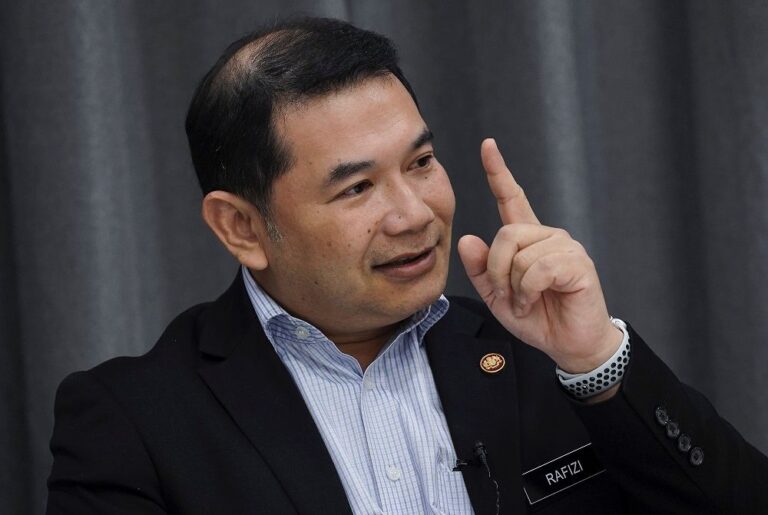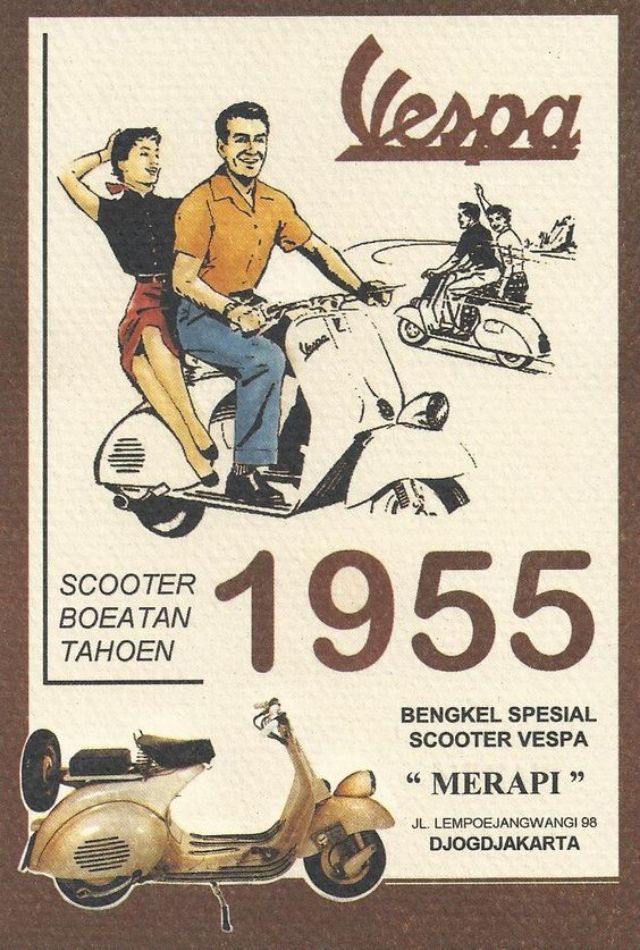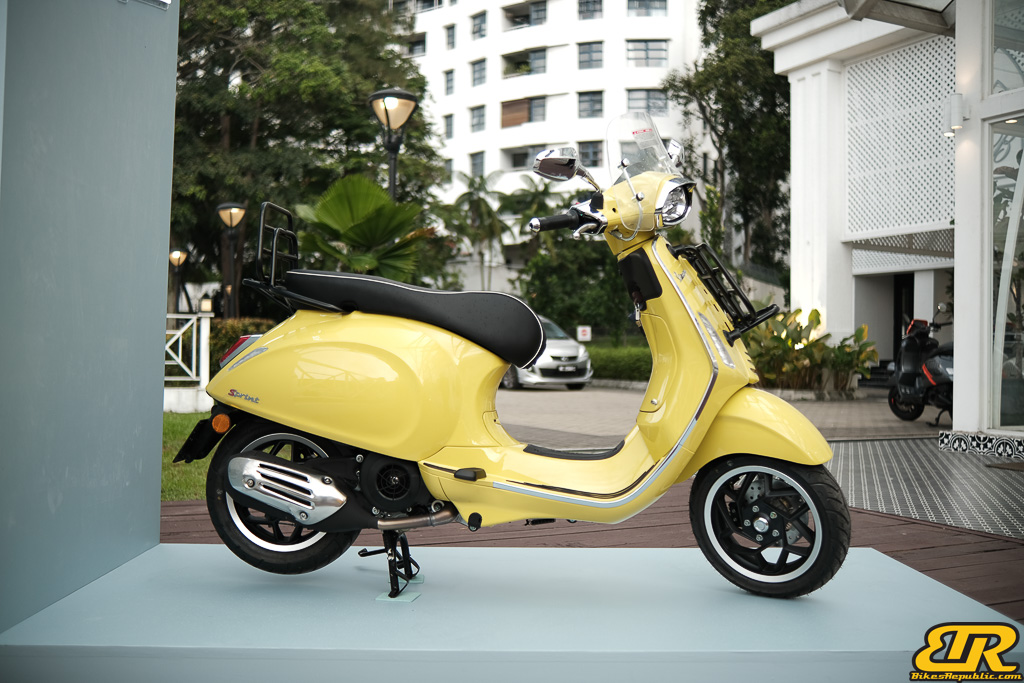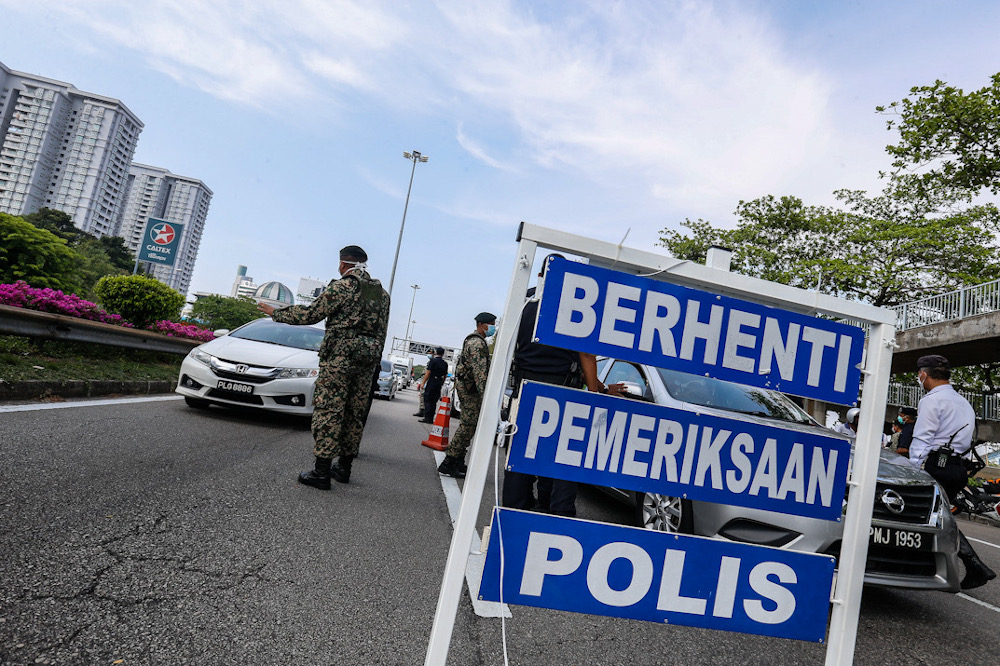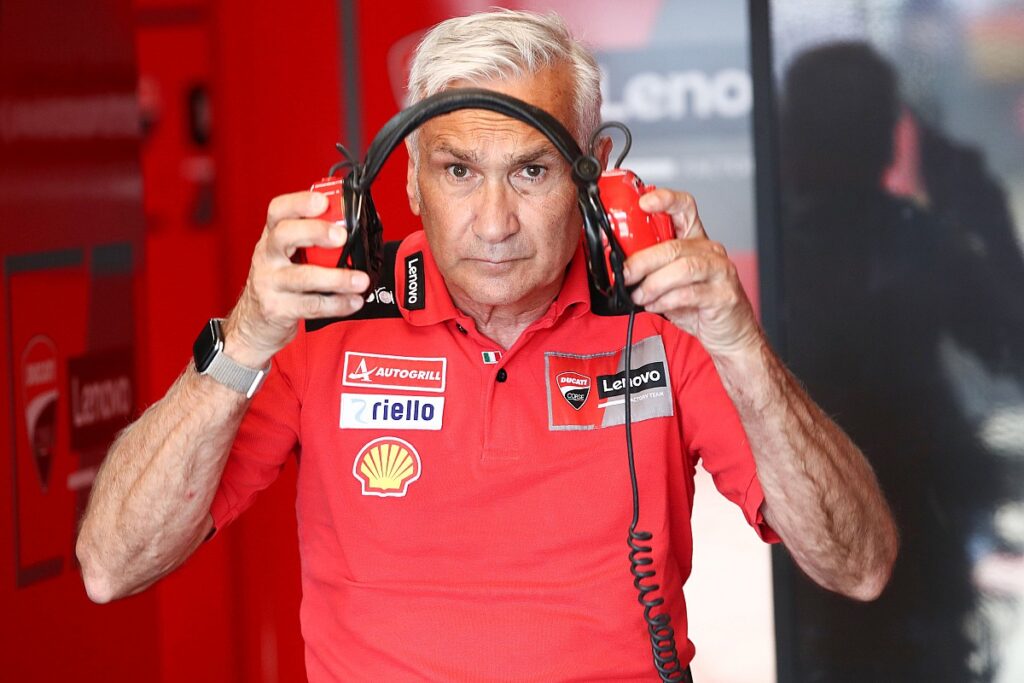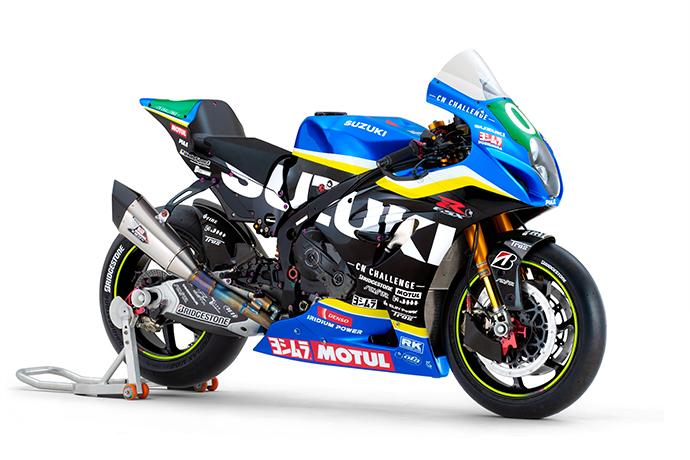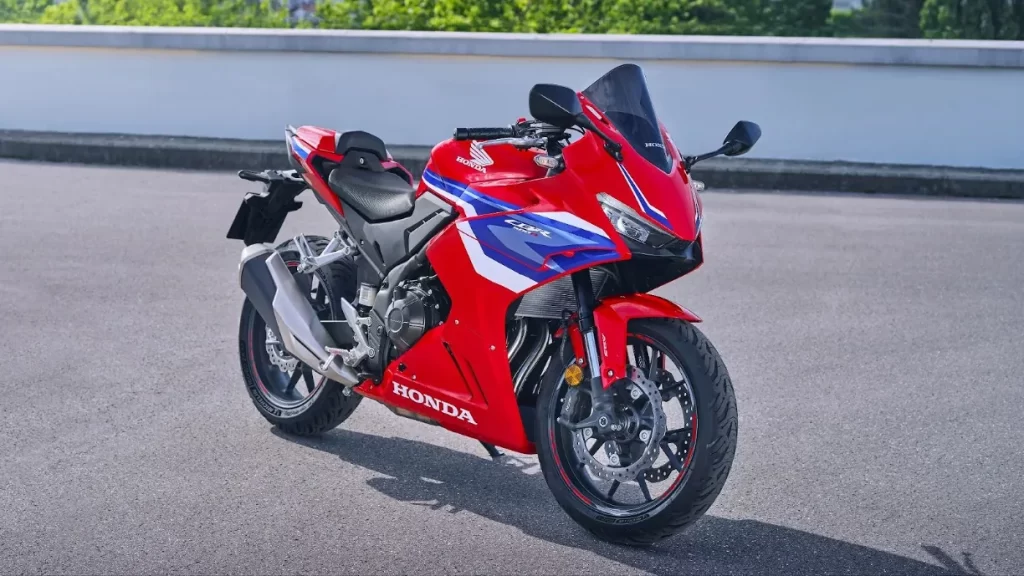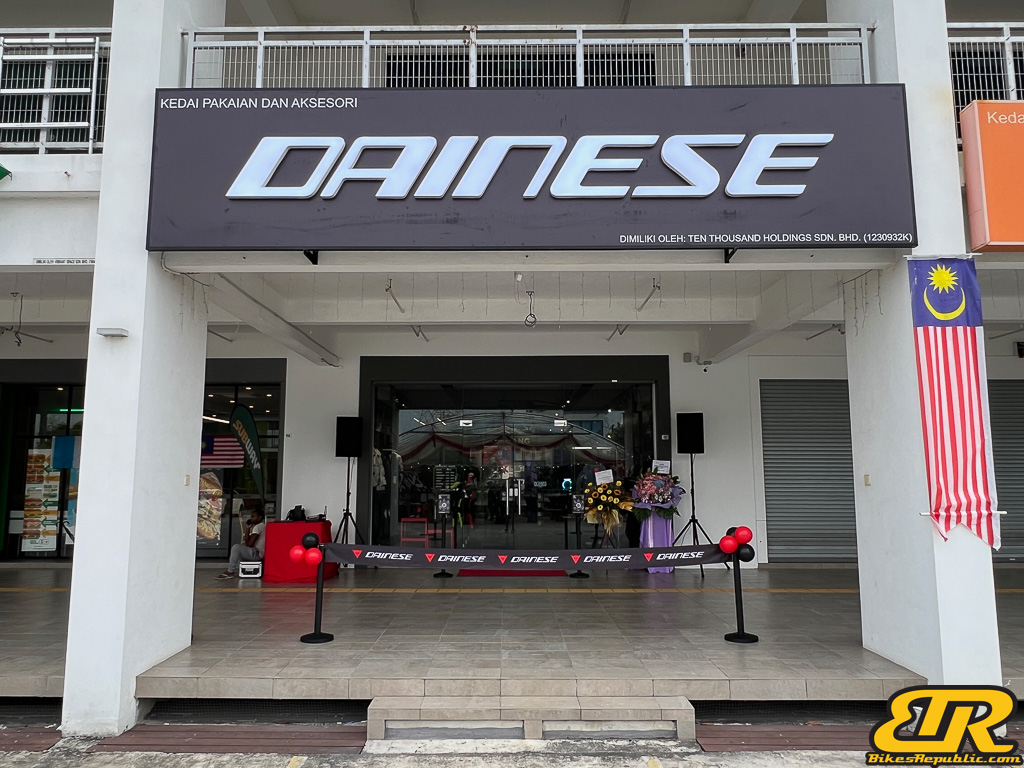When the subject of the price of goods in Malaysia comes up, the most “popular” question among Malaysians is why the price of fuel has not gone down, despite that being one of the pillars of the government’s manifesto during the last general election.
The situation appears to be more acute when the retail price of diesel has risen to RM3.35 per litre from midnight today (10 June 2024) compared to the previous RM2.15 per litre. The biggest concern among the common folk is the increase in the price of goods which may happen soon due to manufacturing and shipping costs.
That very question of “why fuel prices has not gone down” was raised by a Pakatan Harapan supporter to the Minister of Economy, Rafizi Ramli, during the Unity Mechanism Launch Ceremony for the Sungai Bakap By-Election yesterday.
Rafizi informed that the government has never canceled fuel subsidies including diesel that reached RM60 billion per year. Instead, the government is “diverting” the subsidies directly to the people.
He said that previously, the subsidy was paid to several petroleum companies every year, in contrast to the current government’s actions which will distribute it including to families who will receive from RM200 to RM500 per month.
“In the days when oil was priced at RM1.90, do you know how much the price of crude oil was at that time? Do you know how much subsidy the government had to spend? Just a little bit (because) at that time the subsidies were just RM3 billion out of a budget of more than RM200 billion.
Right now, the subsidy is RM60 billion as crude oil price is USD80 per barrel. I mentioned before (the price of fuel will be lowered) if the price of crude oil is low and the subsidy can still be delayed, so why do you want to remove the subsidy.”
“But when the subsidy reaches RM80 billion, it is not possible to build schools, it is not possible to raise wages and the subsidy causes the low prices is what the rich receive. Isn’t it better that we move the subsidy, not cancel it.
“‘Diverting’ the subsidy means that the subsidy will continue to be given. Public transport vehicles, small trucks, pickups, traders can all get it, even ordinary people with a salary of RM100,000 or less a year can enjoy it, or we distribute it to families so that they can get fuel subsidies every month of RM200, RM300, RM400 (or) RM500,” he said.
Rafizi also voiced his confidence that the people will be able to better see how the subsidy allocation is channeled to households instead of directly being paid to petroleum companies.
Previously, Rafizi had been reported as saying that the Government is expected to bear subsidies of more than RM100 billion a year if the world price of crude oil reaches USD100 per barrel, unless reforms are implemented to the subsidy system.
Our comment:
The problem is that unscrupulous suppliers will raise prices, causing shopkeepers to also raise prices with the excuse that “the price of fuel has gone up,” despite the subsidy will continue for some categories of commercial vehicles (pictured below). But will the government monitor the price of goods in the market?



